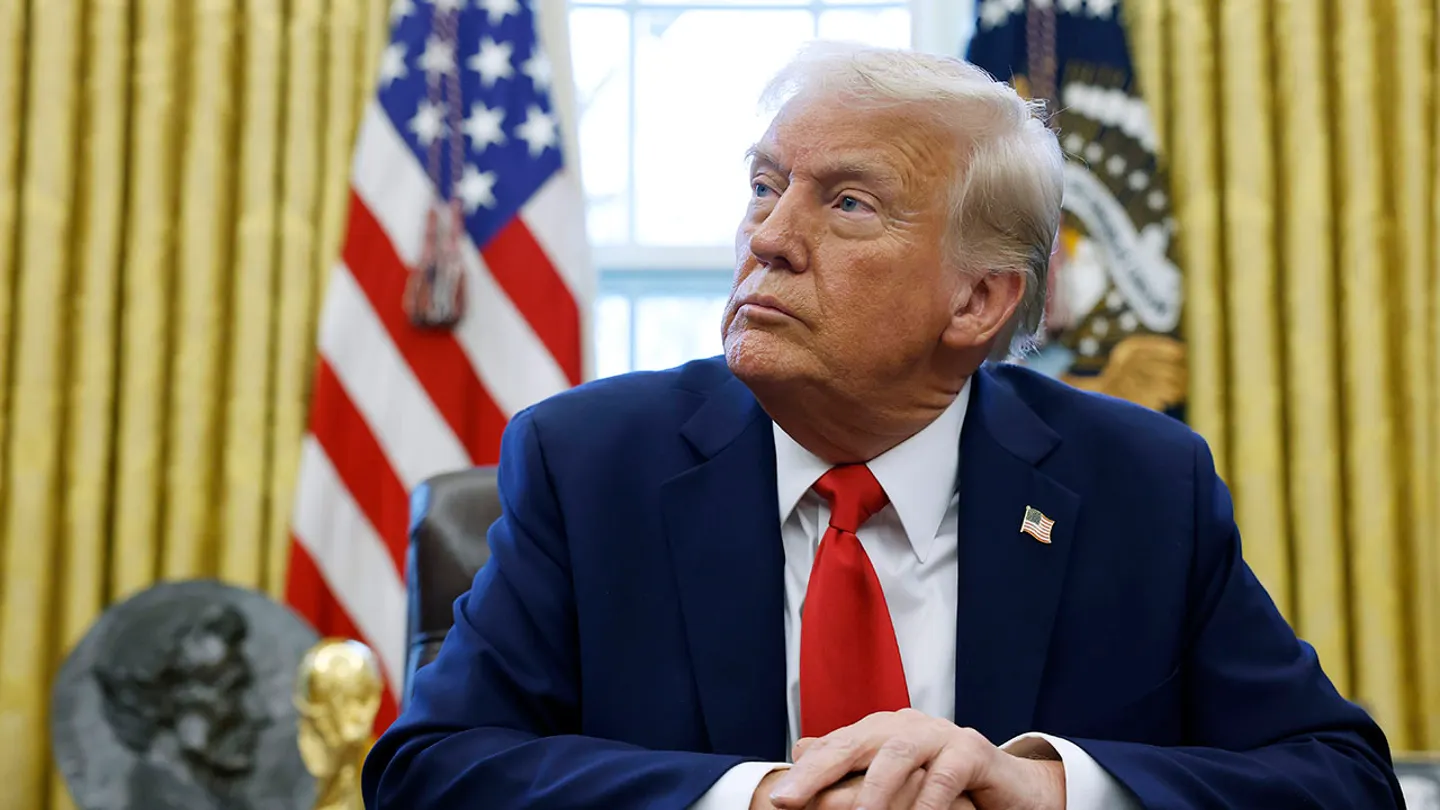Supreme Court Ruling: What Trump’s Birthright Citizenship Order Means for Your Next Event
Supreme Court Ruling: What Trump’s Birthright Citizenship Order Means for Your Next Event
In a landmark Supreme Court ruling, the legal landscape surrounding Trump’s birthright citizenship order has taken center stage, stirring conversations about constitutional law and immigration policy. For those planning events, understanding these shifts can be crucial, as they may influence who can attend, from guests to vendors, especially in a nation where diverse backgrounds contribute to vibrant celebrations. This decision not only highlights the power dynamics between the Supreme Court and lower courts but also underscores the evolving citizenship debate that affects communities nationwide. As we delve into what this means for your next gathering, we’ll explore how these changes might impact your guest list and event planning strategies, ensuring a seamless and inclusive celebration. Read more about the Supreme Court’s decision.
Supreme Court Ruling Impact
The recent Supreme Court ruling on Trump’s birthright citizenship order has sent shockwaves through the legal and political landscape. This section explores the order itself and its implications for lower court power.
Trump’s Birthright Citizenship Order
President Trump’s executive order on birthright citizenship aimed to redefine who qualifies for automatic citizenship at birth on U.S. soil. This controversial move sparked intense debate about the 14th Amendment’s interpretation.
The order challenged the long-standing principle of jus soli, or “right of the soil,” which grants citizenship to most children born in the United States, regardless of their parents’ immigration status. Critics argued it was an overreach of executive power, while supporters saw it as a necessary step to address immigration concerns.
NBC News reported that the Supreme Court’s decision to hear the case signaled the gravity of the constitutional questions at stake. The ruling’s impact extends beyond immigration, touching on fundamental aspects of American identity and the balance of powers within the government.
Exploring Lower Court Power
The Supreme Court’s ruling on Trump’s birthright citizenship order has significant implications for the power dynamics between higher and lower courts. This decision reshapes the landscape of judicial authority in the United States.
Lower courts had previously issued nationwide injunctions to block the implementation of the order. The Supreme Court’s ruling addresses the scope of these injunctions, potentially limiting lower courts’ ability to issue broad, nationwide blocks on executive actions.
This shift in judicial power dynamics could have far-reaching consequences for future cases involving executive orders and federal policies. Politico’s analysis suggests that this ruling may streamline the process of challenging executive actions, but also raises concerns about the concentration of power in higher courts.
Immigration Policy and Constitutional Law
The intersection of immigration policy and constitutional law has been brought into sharp focus by this landmark ruling. Let’s delve into the ongoing citizenship debate and the legal implications for future events.
Citizenship Debate Insights
The Supreme Court’s ruling on Trump’s birthright citizenship order has reignited the national debate on what it means to be an American citizen. This decision touches on fundamental questions of national identity and constitutional interpretation.
Proponents of the order argue that it addresses perceived loopholes in immigration law and discourages “birth tourism.” They contend that the 14th Amendment’s original intent was not to grant automatic citizenship to children of non-citizens or unauthorized immigrants.
On the other hand, critics maintain that the order violates the Constitution’s clear language and centuries of legal precedent. They argue that changing birthright citizenship would create a complex and potentially discriminatory system of determining citizenship.
ABC News coverage highlights the diverse reactions to the ruling, underscoring the deep divisions in public opinion on this issue.
Legal Implications for Future Events
The Supreme Court’s ruling on birthright citizenship carries significant legal implications for future events and gatherings. This decision may affect who can attend or participate in various activities across the nation.
Event planners and organizers must now navigate a potentially changed landscape of citizenship and immigration status. This could impact international conferences, cultural festivals, and even family celebrations that involve participants from diverse backgrounds.
Legal experts suggest that event organizers may need to implement new procedures for verifying attendees’ citizenship status, particularly for events with international participation. This could lead to increased complexity in event planning and potential challenges in ensuring inclusivity.




